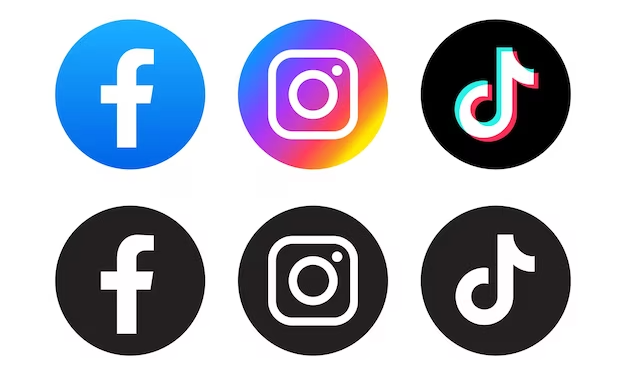App development company Mysk Inc. Security researchers recently revealed that several popular iPhone apps such as Facebook, LinkedIn, TikTok, and X/Twitter are breaking Apple’s privacy policies to collect user data through notifications.
These iPhone apps leverage notifications to get around security controls, even when users take security measures to close apps and prevent background data collection.
It is believed that the collected data, unrelated to notification processing, is used for advertising, analytics, and cross-app user tracking.
According to a Gizmodo article, security experts are concerned about the apparent prevalence of this disturbing practice, though some of the companies involved contest the findings.
The study’s researchers
Tommy Misk and Talal Haj Bakeri were surprised that this type of data collection was being used so often. Rejecting a notification—often considered harmless—causes the device to transmit critical data to remote servers, raising questions about developers’ on-demand access.
The researchers say the problem extends beyond individual apps and points to a general problem within the iPhone ecosystem, despite denials by Meta and LinkedIn. This information contradicts Apple’s claim that user privacy is a top priority and is consistent with Mysk’s previous disclosures.
The information appears to be used for “fingerprinting,” Apple’s officially banned practice of identifying users based on inconsequential device details.
Table of Contents
This suggests how crucial user control via settings and guidelines is.
In Facebook’s case, responding to a notification enables the app to collect IP addresses, phone restart durations, and free memory space, thus enabling accurate user identification. According to tests, LinkedIn not only ensures that notifications work but also collects information that appears to be relevant to advertising campaigns.
Although less sensitive than location data, some argue that the information is still valuable for advertising, although Meta and LinkedIn claim the data is only used to improve user experiences. and is not shared with outside parties.
The next update to the iPhone OS will take effect in the spring of 2024 and require app developers to describe how they use specific software components, or “APIs.” There are still worries regarding Apple’s enforcement of these policies, even though this might encourage businesses to reveal their data collection practices.
In the face of obvious harmless explanations such as obsolete code, the researchers remain skeptical, highlighting the necessity for improved transparency and user safety. Users are left wondering how much of their digital activity is being watched for targeted advertising as privacy standards change.
Safeguarding Your Private Data Online

Turning the focus to protecting data while browsing the internet, using a VPN service proves to be a very effective solution. VPNs use secure protocols like OpenVPN and L2TP/IPSec, enabling users to select a server and location for an internet connection, thus providing end-to-end encryption.
This offers access to geo-blocked content, anonymity, and data security by masking IP addresses.
The National Cybersecurity Alliance states that not saving passwords in browsers is another crucial step. Secure password management is ensured by turning off automatic password storage and selecting a reliable password manager that works with multiple devices.
Final Thought
In addition, as noted in a 2021 Bitdefender report on Windows systems, an Aura article suggests updating operating systems and software regularly to patch identified flaws and improve overall security.
If you would like to read about Which is the Best Tool for Online Privacy in 2024? Click here



